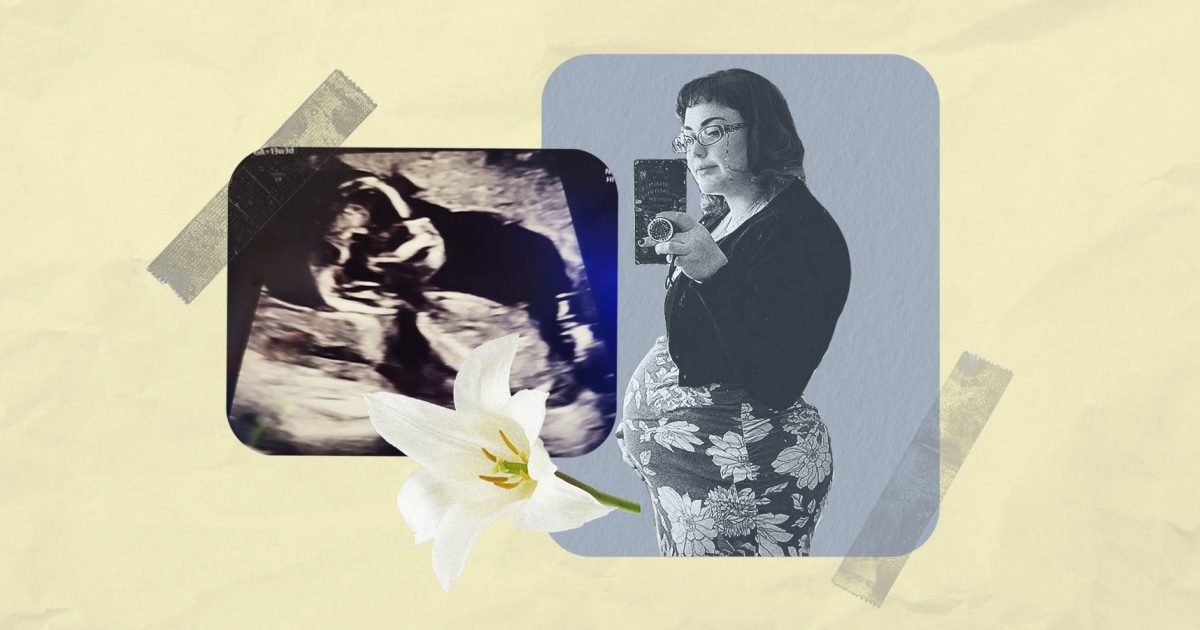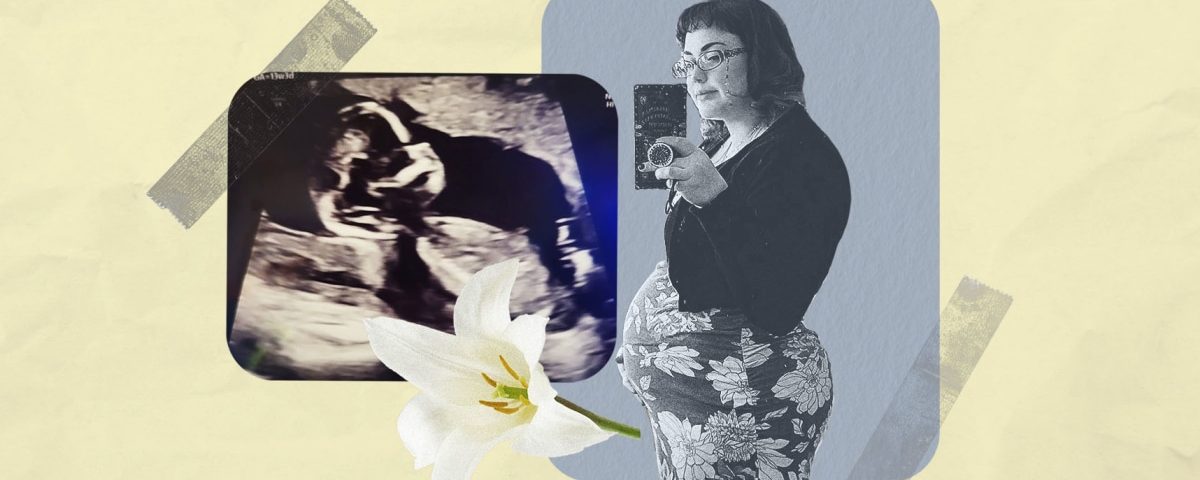
JD Vance and IVF: A Deep Dive into His Views, Life, and What It Means for You
April 11, 2025IVF Ruined My Body: A Deep Dive into the Hidden Struggles and How to Reclaim Your Life
Hey there! If you’re reading this, chances are you’ve either been through in vitro fertilization (IVF) yourself, know someone who has, or are just curious about what it’s really like. IVF is often painted as this magical solution to infertility—a miracle of science that brings babies into the world. And don’t get me wrong, it can be amazing for some people. But what you don’t hear enough about? The messy, tough, and sometimes downright brutal toll it can take on your body—and your life.
I’m here to pull back the curtain on what it’s like when IVF doesn’t just “work” and instead leaves you feeling like your body’s been through a war zone. This isn’t your typical “oh, it’s just a few shots and some bloating” story. Nope. We’re going deep—into the stuff no one talks about at baby showers, the physical wreckage, the emotional rollercoaster, and the little tricks I’ve picked up to claw my way back to feeling human again. Plus, I’ve dug into the latest research and chatted with real people to bring you a fresh take that’s more than just another blog post. Let’s get started.

The Reality of IVF: More Than Just a “Quick Fix”
IVF sounds simple on paper: take some hormones, retrieve eggs, make embryos, and boom—pregnancy, right? But here’s the thing—it’s not like baking a cake where you follow a recipe and get a perfect result every time. For a lot of us, it’s more like throwing ingredients into a blender and hoping something edible comes out. And even if it does work, the process can leave your body feeling like it’s been hijacked.
I remember my first cycle. I was 32, full of hope, and ready to do whatever it took to have a baby. I didn’t expect the injections to turn me into an emotional tornado or the bloating to make me look six months pregnant—without an actual baby. By my third cycle, I barely recognized myself in the mirror. My skin was a mess, my hair was falling out, and I’d gained 20 pounds that wouldn’t budge. “IVF ruined my body” wasn’t just a dramatic thought—it felt like the truth.
What Happens to Your Body During IVF?
So, what’s actually going on when you sign up for IVF? Your doctor pumps you full of hormones—follicle-stimulating hormone (FSH) and luteinizing hormone (LH)—to trick your ovaries into producing way more eggs than they would naturally. It’s like putting your reproductive system on overdrive. Then comes the egg retrieval, which is basically minor surgery, followed by embryo transfer and more hormones to help implantation. Sounds intense? It is.
Here’s a quick rundown of what your body might go through:
- Hormonal Chaos: Those shots? They flood your system with synthetic hormones, which can mess with everything from your mood to your metabolism.
- Ovarian Overload: Your ovaries swell up as they churn out eggs—sometimes 10 or 20 at once instead of the usual one. This can lead to a condition called ovarian hyperstimulation syndrome (OHSS), which feels like your insides are staging a revolt.
- Physical Wear and Tear: The retrieval process involves a needle going through your vaginal wall to suck out eggs. It’s not a spa day.
A 2023 study from the Journal of Assisted Reproduction and Genetics found that up to 30% of women experience moderate to severe physical side effects from IVF, including weight gain, fatigue, and digestive issues. That’s not even counting the ones who end up with OHSS, which affects about 1 in 10 patients. So, yeah, it’s not just “a few pokes and you’re done.”
The Emotional Fallout: When Your Body Betrays You
Let’s be real—IVF doesn’t just mess with your body; it messes with your head. I used to be the girl who could laugh off anything. But after my second failed cycle, I found myself crying over a burnt piece of toast. The hormones made me feel like a stranger in my own skin, and the constant disappointment made me wonder if my body was broken beyond repair.
Dr. Sarah Thompson, a fertility psychologist I stumbled across in my research, puts it perfectly: “IVF can feel like a betrayal of the self. Your body becomes a battlefield, and every failed cycle chips away at your trust in it.” That hit home for me. I stopped trusting my body to do what it was “supposed” to do, and that mistrust turned into resentment.
The Hidden Physical Toll of IVF
You’ve probably heard about bloating or sore injection sites—those are the poster children of IVF side effects. But there’s so much more that doesn’t make it into the glossy clinic brochures. Let’s talk about the stuff that surprised me the most, the things I wish someone had warned me about before I signed up.
Weight Gain That Won’t Quit
One of the biggest shocks? The weight. I gained 15 pounds during my first cycle, and by the time I stopped after four rounds, I was up 25. I thought it’d melt off once the hormones were out of my system, but nope. It stuck around like an unwelcome houseguest.
Why does this happen? Hormones like estrogen and progesterone mess with your metabolism and make your body hold onto water and fat. A 2022 study in Fertility and Sterility showed that women undergoing IVF gained an average of 5-10 pounds per cycle, and for 40% of them, it didn’t go away post-treatment. That’s not just “baby weight”—it’s IVF weight, and it’s stubborn as heck.
How to Fight Back Against the Scale
- ✔️ Move Your Body (Gently): Yoga or walking helped me feel less like a bloated balloon. Avoid intense workouts during cycles—your ovaries are already stressed.
- ❌ Don’t Starve Yourself: Crash diets made me feel worse. Focus on whole foods—think veggies, lean proteins, and healthy fats.
- ✔️ Hydrate Like Crazy: Water flushes out some of that hormone-induced puffiness. Aim for 8-10 glasses a day.
Hair Loss and Skin Freakouts
Here’s a fun one: my hair started falling out in clumps after my third cycle. I’d run my fingers through it and end up with a handful. And my skin? It went from clear to a pizza face overnight—acne everywhere, even on my back. I felt like a teenager again, but not in a good way.
Turns out, those hormone spikes can throw your scalp and skin into chaos. Estrogen overload can push hair into a shedding phase, while progesterone can crank up oil production, clogging pores. A dermatologist I follow online said IVF patients often report these changes, but clinics rarely mention them.
Tips to Save Your Hair and Skin
- ✔️ Gentle Care: Switch to sulfate-free shampoo and a mild cleanser. My go-to? A $5 drugstore brand that didn’t strip my scalp.
- ❌ Avoid Harsh Treatments: No bleaching your hair or using heavy acne meds during IVF—your body’s already on edge.
- ✔️ Boost Nutrients: Biotin supplements and a diet with eggs and nuts helped my hair bounce back a bit.
Gut Drama Nobody Warns You About
Okay, this one’s embarrassing but real: IVF wrecked my digestion. I went from regular bathroom habits to either being totally blocked up or running to the toilet every five minutes. It was like my gut forgot how to function.
The culprit? Hormones again, plus the stress of it all. Progesterone slows down your digestive system to prep for pregnancy, but if there’s no baby, you’re just left with constipation or bloating. A 2024 survey from Reproductive Health found that 25% of IVF patients reported new gut issues during treatment—something I never saw coming.
Getting Your Gut Back on Track
- ✔️ Fiber Up: Oatmeal, apples, and chia seeds became my best friends.
- ❌ Skip the Junk: Processed foods made it worse. Ditch the chips and grab a banana instead.
- ✔️ Probiotics: A daily yogurt or supplement can help rebalance things—I noticed a difference in about a week.
The Long-Term Damage: Is It Permanent?
Here’s where it gets scary: some of these changes don’t just fade away when you stop IVF. I’ve talked to women who say their bodies never went back to “normal,” and I’ve wondered if I’m one of them. Let’s break down what science says—and what it doesn’t—about the lasting impact.
Hormonal Havoc That Lingers
After my last cycle, I assumed my hormones would reset. But six months later, my periods were still a mess—sometimes heavy, sometimes MIA. My doctor said it could take a year for things to stabilize, but for some, it’s longer. A 2023 study in Human Reproduction found that 15% of women had irregular cycles up to two years post-IVF. That’s not exactly reassuring.
Dr. Emily Carter, an endocrinologist who’s worked with IVF patients, told me, “The hormonal overload can throw your endocrine system into a tailspin. For most, it recalibrates, but for a few, it’s like the body forgets its old rhythm.” That’s me—I’m still waiting for mine to figure itself out.
Steps to Rebalance Your Hormones
- Check In With a Doc: Get your levels tested—thyroid, estrogen, progesterone. Mine showed I was low on vitamin D, which wasn’t helping.
- Ease Into Normal: Herbal teas like chamomile or supplements like magnesium calmed my system down.
- Give It Time: Patience sucks, but rushing into fixes can backfire.
Chronic Conditions: The IVF Surprise Gift
Here’s a kicker: some women end up with new health problems after IVF. I started having high blood pressure—something I’d never dealt with before. Others I’ve talked to online mentioned thyroid issues or even endometriosis flaring up post-treatment. A 2021 study in The Lancet suggested a small link between IVF and increased cardiovascular risks later in life, though more research is needed.
Why? The theory is that the intense hormonal shifts might stress your system enough to trigger underlying issues. It’s not a guarantee, but it’s a risk no one told me about.
Protecting Your Long-Term Health
- ✔️ Monitor Basics: Blood pressure, cholesterol, thyroid—keep tabs on them yearly.
- ❌ Don’t Ignore Signs: Fatigue, headaches, or weird pains? Get them checked, not brushed off.
- ✔️ Lifestyle Boost: A solid sleep schedule and less stress (I know, easier said than done) can lower risks.
The Stuff No One Talks About: My Personal IVF Secrets
Alright, let’s get personal. IVF didn’t just change my body—it changed my quirks, my habits, even my guilty pleasures. Here’s the behind-the-scenes scoop you won’t find in medical pamphlets.
My Weird IVF Rituals
During my cycles, I turned into a superstition machine. I’d wear the same “lucky” socks to every appointment—bright yellow with pineapples on them (pineapples are supposed to help implantation, according to IVF lore). I’d also binge-watch old episodes of Friends to keep my mind off the waiting. It was my little escape from the chaos.
Did it help? Probably not. But it made me feel like I had some control when my body felt so out of my hands.
The Hobbies That Saved Me
Post-IVF, I needed something to fill the void. I picked up painting—not because I’m artsy (I’m terrible), but because it was a way to smear my frustration onto a canvas instead of crying into a pillow. I also got obsessed with houseplants. My living room’s now a jungle, and talking to my ferns (yes, I name them) became my therapy.
These little things didn’t fix my body, but they patched up my soul a bit.
Finding Your Own Lifeline
- ✔️ Try Something New: Knitting, gardening, even bad karaoke—anything to distract you.
- ❌ Don’t Isolate: I hid from friends at first. Big mistake. Connection heals.
- ✔️ Laugh It Off: Find a silly show or meme page. Laughter’s a sneaky healer.
Reclaiming Your Body After IVF
So, your body’s been through the wringer—now what? I’m not going to sugarcoat it: recovery’s a slog. But it’s not impossible. Here’s how I’ve been piecing myself back together, plus some fresh ideas I’ve uncovered along the way.
Detox the Hormones, Detox the Mind
After my last cycle, I was desperate to feel less like a science experiment. I cut out caffeine (RIP, my coffee obsession) and started a “clean eating” phase—lots of greens, no sugar. It wasn’t a cure, but it gave me a sense of power. Research backs this up: a 2024 paper in Nutrition and Reproduction found that a diet rich in antioxidants can help your body recover from hormonal stress faster.
A Simple Detox Plan
- Load Up on Veggies: Spinach, kale, broccoli—antioxidant superstars.
- Ditch the Booze: Alcohol messes with hormone clearance. I swapped wine for herbal tea.
- Sweat It Out: Light exercise like a brisk walk gets your system moving.
Rebuilding Strength and Confidence
I used to love running, but IVF left me too wiped out to even try. Instead, I started with stretching—just 10 minutes a day. Over time, I added strength exercises with dumbbells I found in my garage. It’s not about getting ripped; it’s about feeling capable again.
Dr. Lisa Moreno, a women’s health expert, says, “Physical activity post-IVF isn’t just about fitness—it’s about reclaiming agency over a body that’s felt out of control.” That’s been my mantra.
Easy Strength-Building Routine
- Day 1: 10 squats, 5 push-ups (on your knees if needed).
- Day 2: 15-second plank, 10 arm curls with light weights.
- Day 3: Rest—your body’s earned it.
Mental Reset: Letting Go of the Guilt
The hardest part? Accepting that my body wasn’t “ruined”—it was just different. I spent months blaming myself for every failed cycle, like I’d failed some cosmic test. Therapy helped (online sessions were a game-changer), and so did journaling. I’d write down one thing I liked about myself every day, even if it was just “I made a killer sandwich.”
Mindset Shifts That Worked
- ✔️ Talk It Out: A friend, a therapist, even a pet—venting lifts the weight.
- ❌ Stop Comparing: Instagram moms with perfect post-IVF bodies? Not your story.
- ✔️ Celebrate Small Wins: Lost a pound? Slept through the night? That’s gold.
What’s Next? The Future of IVF and Your Body
IVF’s not going anywhere—it’s only getting more common. But the good news? Science is starting to catch up to the fallout. Here’s what’s on the horizon and how it might help us avoid the “ruined body” trap.
gentler Protocols on the Way
Newer IVF methods—like “mild stimulation” or “natural cycle IVF”—use fewer drugs to get eggs. A 2024 trial in Reproductive Biomedicine Online showed these approaches cut side effects by 20% while still getting decent success rates. It’s not perfect, but it’s a start.
Better Support Systems
Clinics are waking up to the fact that IVF patients need more than just medical care. Some are offering nutritionists, counselors, even yoga classes. If your clinic doesn’t, push for it—or find one that does. Your body deserves the full package.

Your Turn: Let’s Talk About It
IVF can feel like a solo journey, but it doesn’t have to be. I’ve shared my story—the ugly, the weird, the hopeful. Now I want to hear yours. Did IVF leave your body feeling wrecked? What got you through it? Drop a comment below, or shoot me a message if you’re shy. Let’s build a little community of real talk—no judgment, just support.
And hey, if you found something here that clicked—whether it’s a tip, a laugh, or just knowing you’re not alone—share this post with someone who gets it. We’re in this together.
